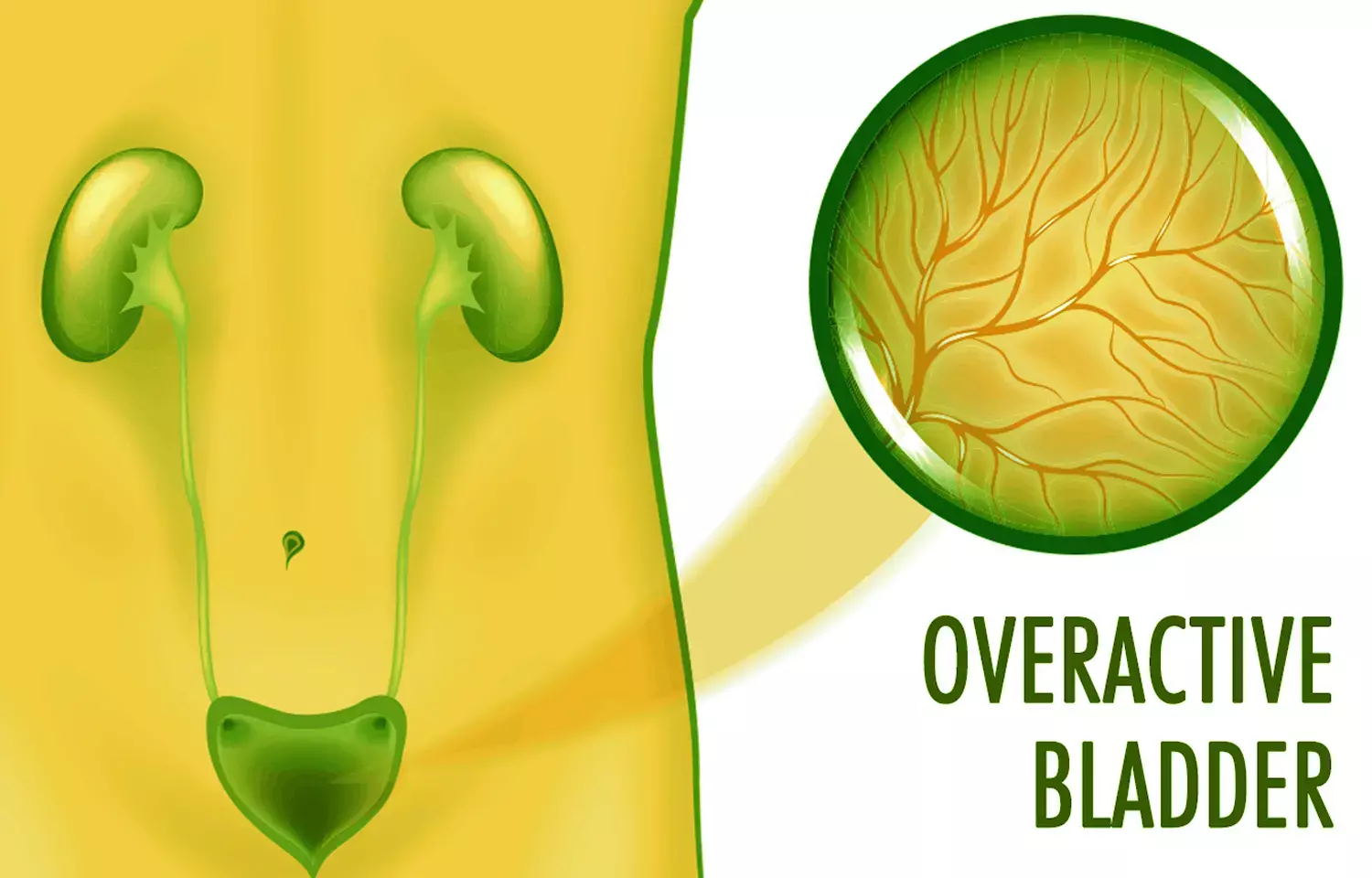- Home
- Medical news & Guidelines
- Anesthesiology
- Cardiology and CTVS
- Critical Care
- Dentistry
- Dermatology
- Diabetes and Endocrinology
- ENT
- Gastroenterology
- Medicine
- Nephrology
- Neurology
- Obstretics-Gynaecology
- Oncology
- Ophthalmology
- Orthopaedics
- Pediatrics-Neonatology
- Psychiatry
- Pulmonology
- Radiology
- Surgery
- Urology
- Laboratory Medicine
- Diet
- Nursing
- Paramedical
- Physiotherapy
- Health news
- Fact Check
- Bone Health Fact Check
- Brain Health Fact Check
- Cancer Related Fact Check
- Child Care Fact Check
- Dental and oral health fact check
- Diabetes and metabolic health fact check
- Diet and Nutrition Fact Check
- Eye and ENT Care Fact Check
- Fitness fact check
- Gut health fact check
- Heart health fact check
- Kidney health fact check
- Medical education fact check
- Men's health fact check
- Respiratory fact check
- Skin and hair care fact check
- Vaccine and Immunization fact check
- Women's health fact check
- AYUSH
- State News
- Andaman and Nicobar Islands
- Andhra Pradesh
- Arunachal Pradesh
- Assam
- Bihar
- Chandigarh
- Chattisgarh
- Dadra and Nagar Haveli
- Daman and Diu
- Delhi
- Goa
- Gujarat
- Haryana
- Himachal Pradesh
- Jammu & Kashmir
- Jharkhand
- Karnataka
- Kerala
- Ladakh
- Lakshadweep
- Madhya Pradesh
- Maharashtra
- Manipur
- Meghalaya
- Mizoram
- Nagaland
- Odisha
- Puducherry
- Punjab
- Rajasthan
- Sikkim
- Tamil Nadu
- Telangana
- Tripura
- Uttar Pradesh
- Uttrakhand
- West Bengal
- Medical Education
- Industry
Anticholinergic medications improve overactive bladder syndrome

A new study by Akvile Stoniutea and team showed that when anticholinergic medications are used for overactive bladder syndrome the symptoms e modestly improved. The findings of this study were published in Cochrane Library.
With age, the prevalence of overactive bladder symptoms (OAB; urgency with frequency and/or urge incontinence) rises to around 16% of people. Treatment for this illness frequently involves anticholinergic medications. This research is an update of a Cochrane Review that was undertaken to evaluate the effectiveness of anticholinergic medications with a placebo or no therapy for treating people with overactive bladder syndrome. The Cochrane Review was initially published in 2002 and last updated in 2006.
This research assessed the use of an anticholinergic medication alone vs a placebo in adult patients with overactive bladder syndrome in random or quasi-randomized trials. Two review authors independently determined eligibility and gathered data from the papers that were included, including a risk of bias evaluation.
The key findings of this study were:
For this revision of the review, 104 studies were included, 71 of which were new or revised.
Although the number of participants in 12 research was not reported, the remaining included studies included a total of 47,106 individuals.
The bulk of the research lacked sufficient data to assess bias risk, and we found that they were ambiguous across all areas.
In these investigations, nine anticholinergic medications were used.
Studies comparing anticholinergic medications versus no therapy were not identified.
Anticholinergics may marginally improve the quality of life associated with the disease after the therapy term.
In terms of patient perception of a cure or improvement and the average number of urgency episodes per 24 hours, anticholinergics are probably superior to placebo.
Anticholinergics may increase side effects related to dry mouth and may raise the risk of urine retention when compared to placebo.
Anticholinergic use may increase the likelihood that study participants may drop out owing to negative outcomes.
In contrast to a placebo, using anticholinergics likely lowers the average number of urinations each day.
Reference:
Hay-Smith, J., Herbison, P., Ellis, G., & Moore, K. (2002). Anticholinergic drugs versus placebo for overactive bladder syndrome in adults. In J. Hay-Smith (Ed.), The Cochrane Database of Systematic Reviews (Protocol). John Wiley & Sons, Ltd. https://doi.org/10.1002/14651858.cd003781
Neuroscience Masters graduate
Jacinthlyn Sylvia, a Neuroscience Master's graduate from Chennai has worked extensively in deciphering the neurobiology of cognition and motor control in aging. She also has spread-out exposure to Neurosurgery from her Bachelor’s. She is currently involved in active Neuro-Oncology research. She is an upcoming neuroscientist with a fiery passion for writing. Her news cover at Medical Dialogues feature recent discoveries and updates from the healthcare and biomedical research fields. She can be reached at editorial@medicaldialogues.in
Dr Kamal Kant Kohli-MBBS, DTCD- a chest specialist with more than 30 years of practice and a flair for writing clinical articles, Dr Kamal Kant Kohli joined Medical Dialogues as a Chief Editor of Medical News. Besides writing articles, as an editor, he proofreads and verifies all the medical content published on Medical Dialogues including those coming from journals, studies,medical conferences,guidelines etc. Email: drkohli@medicaldialogues.in. Contact no. 011-43720751


